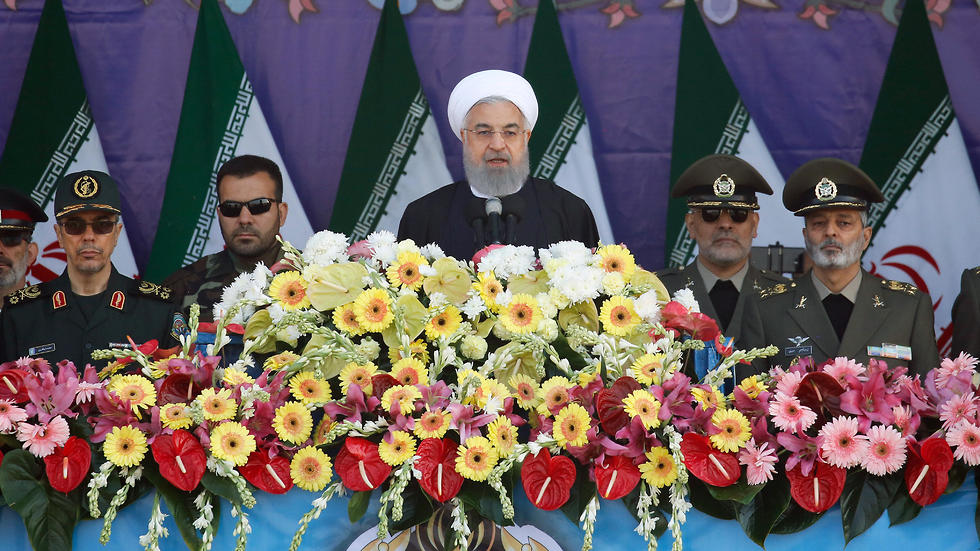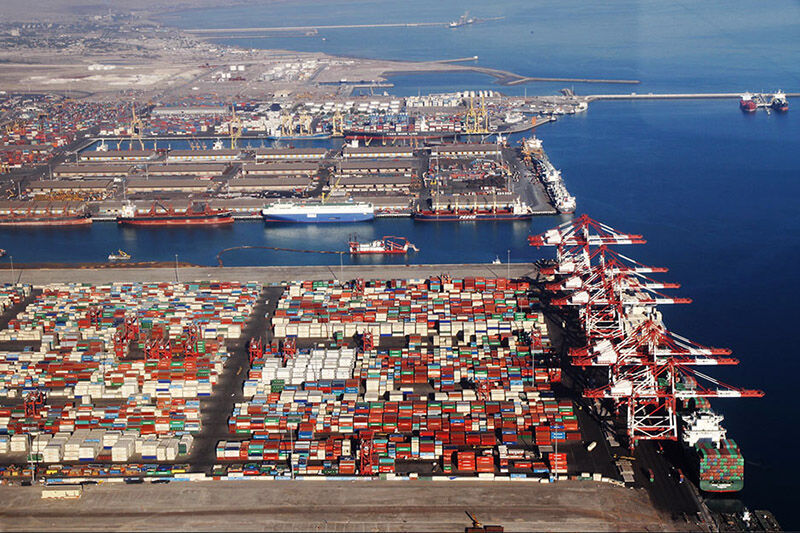Getting your Trinity Audio player ready...
Iran's cybersecurity authority acknowledged cyberattacks on two governmental departments this week, state media reported Thursday.
The cyberattacks occurred Tuesday and Wednesday and were under investigation, the state-owned IRAN daily newspaper said.
While the report did not say which government departments were targeted, it called the attacks "important" and said some other departments temporarily took down their online services as a precaution against further attacks.
The brief report did not blame any group or country for the attacks.
Iran occasionally says it has thwarted cyberattacks on its infrastructure, although it has disconnected much of its infrastructure from the internet after the Stuxnet computer virus, widely believed to be a joint U.S.-Israeli creation, disrupted thousands of Iranian centrifuges in the countrys nuclear sites in the late 2000s.
Iran was behind an attempt earlier this year to attack into Israel's water system, aiming to paralyze the country's sewage systems and disrupt the water supply for farming at the height of the pandemic.
Israel reportedly responded by carrying out a cyberattack on computers at Iran's Shahid Rajaee port, causing massive backups on waterways and roads leading to the state-of-the-art facility.
The Washington Post quoted a foreign security official as saying that the attack was "highly accurate" and the damage to the port was more serious than described in official Iranian accounts.
In December, Iran said it halted a massive cyberattack on unspecified "electronic infrastructure," but provided no specifics on the purported attack.
Last year, Washington officials said that U.S. military cyber forces launched a strike against Iranian military computer systems, as U.S> President Donald Trump backed away from plans for a more conventional military strike in response to Iran's downing of a U.S. surveillance drone in the strategic Persian Gulf.
Tensions have escalated between the U.S. and Iran since Trump in 2018 withdrew America from Iran's nuclear deal with world powers and began a policy of "maximum pressure" on Tehran.
Tensions rose further after a U.S. airstrike killed a top Iranian general at Baghdad's airport in January. Iran retaliated with a ballistic missile strike on Iraqi bases housing American troops, wounding dozens of U.S. troops.



